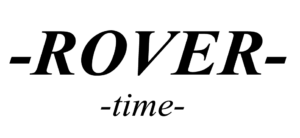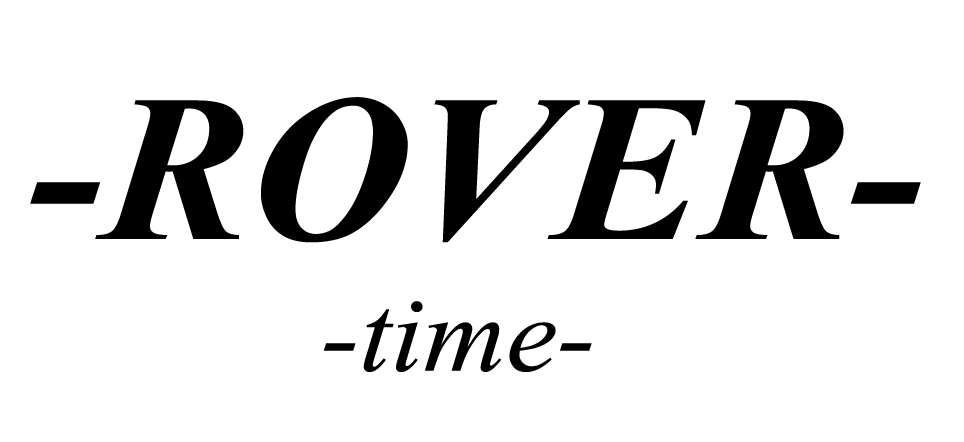What Is A Control Account?
Content
In these accounts, entries are made once at the end of each accounting period based on the periodical totals of transactions in related subsidiary ledgers and books. Used primarily in larger businesses that are still using manual ledger systems, general ledger control accounts are also used in accounting software applications and are created during the chart of accounts setup process. We don’t need to list every single item from our inventory in the GL. You still need to have journal entries for stock transactions , but can make use of the control totals in the GL. Similarly, all the entries regarding credit sales are posted in the account receivable ledger, along with sales returns and discounts allowed. To ensure accuracy of the ending balance for accounts receivables, we obtain accumulated figures for the credit sales, cash received, sales return, and discount allowed to construct the control account. Northwind Traders has a variety of bank accounts it uses for different purposes.
If you need to view a specific transaction, you would need to access the appropriate subsidiary ledger in order to view the details. Again, all of this information is automatically completed if you use accounting software. As we’ll see later on in this lesson, the control account is also a useful reconciliation tool between the detailed sales and purchases data and the totals eventually posted to the GL.
Income Statement Under Absorption Costing? All You Need To Know
If any person in an organization wants to see the balance of the subsidiary, it is a birds-eye view of General Ledger That person would be able to see the balance. Balance Of TradeThe balance of trade is the country’s exports minus its imports. BOT is one of the significant components for any current economic asset as it measures a country’s net income earned on global investments.
Listing each debtor account individual account would clutter a general ledger, so those accounts could be listed in a subledger and consolidated in a https://www.bookstime.com/. Control accounts are most commonly used by large organizations, since their transaction volume is very high. A small organization can typically store all of its transactions in the general ledger, and so does not need a subsidiary ledger that is linked to a control account. The elements which are commonly integrated using the control account tool include the scope of a project, the project’s actual cost as well as the project’s budget, and the project’s schedule. Control accounts are placed at various strategic points of the project’s work breakdown structure. Once you have created a custom control account made up of a specific subaccount type, you will be able to select control accounts for all subaccounts of the same type when creating new ones or by editing existing ones.
Customer Service
The control ledger is the summarized account maintaining the records of individual accounts involved in the ledger, and the same is clarified and re-verified. Following this procedure helps the management to create a control on the ledger posting, which provide safeguard against the possible chances of misrepresentation and fraud. However, the balance of suspense account is transferred in a relevant account when the reason for the difference is identified. In this account, the amount is entered for temporary before actual grouping, and as and when real grouping happens amount is transferred to that relevant GL.
In this lesson we will consider a further explanation of the same specific transactions and how to adjust the receivable control account to determine the correct value thereof. In addition, we will incorporate other transactions that we did not focus on in the previous discussions. Control accounts act as a double check on the accuracy of the analysis. The balance of the control account at any time should equal to the sum of the balances of all individual accounts in subsidiary ledger.
Control Account For Accounts Payables Reconciliation Perspective
Thus, Stores Ledger Control Account is stores ledger in a summary form. In contrast, your Petty Cash general ledger account is not a control account.
This account contains aggregated totals for transactions that are individually stored in subsidiary-level ledger accounts. The ending balance in a control account should match the ending total for the related subsidiary ledger. If the balance does not match, it is possible that a journal entry was made to the control account that was not also made in the subsidiary ledger.
Special Benefits For Our Customers
Read why control accounts are used, what they can’t do, and why the general ledger can’t be ignored altogether. Trade ReceivableTrade receivable is the amount owed to the business or company by its customers. It is also known as account receivables and is represented as current liabilities in balance sheet.
Reasons for discrepancies include stock losses and gains yet to be “journaled” and the control account measures the differences and provides financial visibility and control of the value of those. If the discrepancy is significant, then actions such as stock counts can be triggered in order to validate stock and correct the balance sheet and clear the control account. Other examples would be the “goods received not invoiced” account. Dishonoured cheque which was received from debtors is shown in the debit side of the sales ledger control account. For each month of the year, various transactions related to all trade debtors take place on a daily basis. The transactions are recorded in the respective individual debtor’s account on daily basis by the accounts clerk or the accounting officer responsible for that assignment.
What Is Control Account?
There are mainly two types of control accounts, as discussed below. Each party’s total is accumulated at one place, and a certain balance is calculated to be used in the trial balance for the formation of financial statements. They show the balance of transactions detailed in the corresponding subsidiary account. If no assets are assigned to the built-in accounts, Fixed assets, at cost and Fixed assets, accumulated depreciation, those accounts will not appear in the chart of accounts. They will remain as default assignments for newly created assets, though. There is no requirement for you to reconcile control accounts, and no opportunity for your system to be out of balance. Reasons for discrepancies include stock losses and gains yet to be journaled and the control account measures the differences and provides financial visibility and control of the value of those.
If the general ledger balance and client subledger balance for an account are not equal, the report will indicate that your system is out of balance. Control accounts are an element of the double-entry bookkeeping method and are used to check the totals found in a company’s balance sheet. Accounting software is designed with control accounts already factored in. When setting up your chart of accounts, you’ll be able to choose the accounts that should go into any control account. Control accounts are typically used in larger organizations that have hundreds or even thousands of transactions. Control accounts are part of double-entry accounting, which states that any debit posted to the general ledger will have a corresponding credit posted to the general ledger as well.
When used as a control account, it only contains summary amounts. Typically, this includes total credit sales for a day, total collections from customers for a day, total returns and allowances for a day, and the total amount owed by all customers. Common types of control accounts are accounts payable and accounts receivable, though the individual control accounts depend on a company’s unique profile. A company that sells products on credit may have many transactions in the accounts receivable subledger. The details of those transactions live in the subledger and the balance is reported to the control account. The control account for accounts receivable will only show the total amount that is owed to the company at a point in time without all the details of each customer’s transaction. Because control accounts summarize information in subsidiary ledgers, they should always remain in balance.
- It creates two new custom control accounts, Payroll accounts and Term deposits.
- Because control accounts summarize information in subsidiary ledgers, they should always remain in balance.
- Find out how GoCardless can help you with Ad hoc payments or recurring payments.
- The subsidiary ledger holds an account for each debtor and creditor.
- Thegeneral ledgeraccount that sums the subsidiary accounts is said to control the balances that are reported in the ledger.
- Control Accountmeans any of the accounts established pursuant to a Control Agreement.
In this case there are 1-26 categories based on the alphabetical order of names of debtors starting with “A” to “Z”. Many online software options today designed for small businesses and those just starting out do not include these extra accounts as they can cause undue complications in managing the financial accounts of a small business. For example, Jim’s hardware store invoiced two customers for a total of $700. He also received a payment in the amount of $275 from a previous invoice.
Subsidiary Control Accounts
If there are transactions entered on the creditors control account then it can’t be amended. Depending on the nature of your business, you may find some control accounts are not used.
An Example Of A Control Account
At the end of any accounting period, reconciliation involves matching balances and ensuring that debits from one account for one transaction is same as the credit to another account for the same transaction. For financial reports, the summary balances provided by the Control Accounts are generally all that’s needed for analysis. If anyone wants to see detailed transactional information for accounts payable or accounts receivable, they can review the detail located in the subsidiary ledger, since it is not located in the general ledger. Jurgen operates a machine shop with some very expensive, digitally controlled boring and milling machines. He wants see the value of these important assets on his balance sheet separately from other fixed assets like workbenches and office furniture. So he creates a custom control account called Digital machinery and assigns those fixed assets to it.
Related Books
For freelancers and SMEs in the UK & Ireland, Debitoor adheres to all UK & Irish invoicing and accounting requirements and is approved by UK & Irish accountants. Designed for freelancers and small business owners, Debitoor invoicing software makes it quick and easy to issue professional invoices and manage your business finances. Enjoy access to millions of ebooks, audiobooks, magazines, and more from Scribd.
Once different accounting entries are posted in the books, different ledgers are created that help to set structured and complied data related to different business operations. In other words, control account enables us to reconcile the aggregated balance of the subsidiary ledger with the total balance to be used in trial balance.


